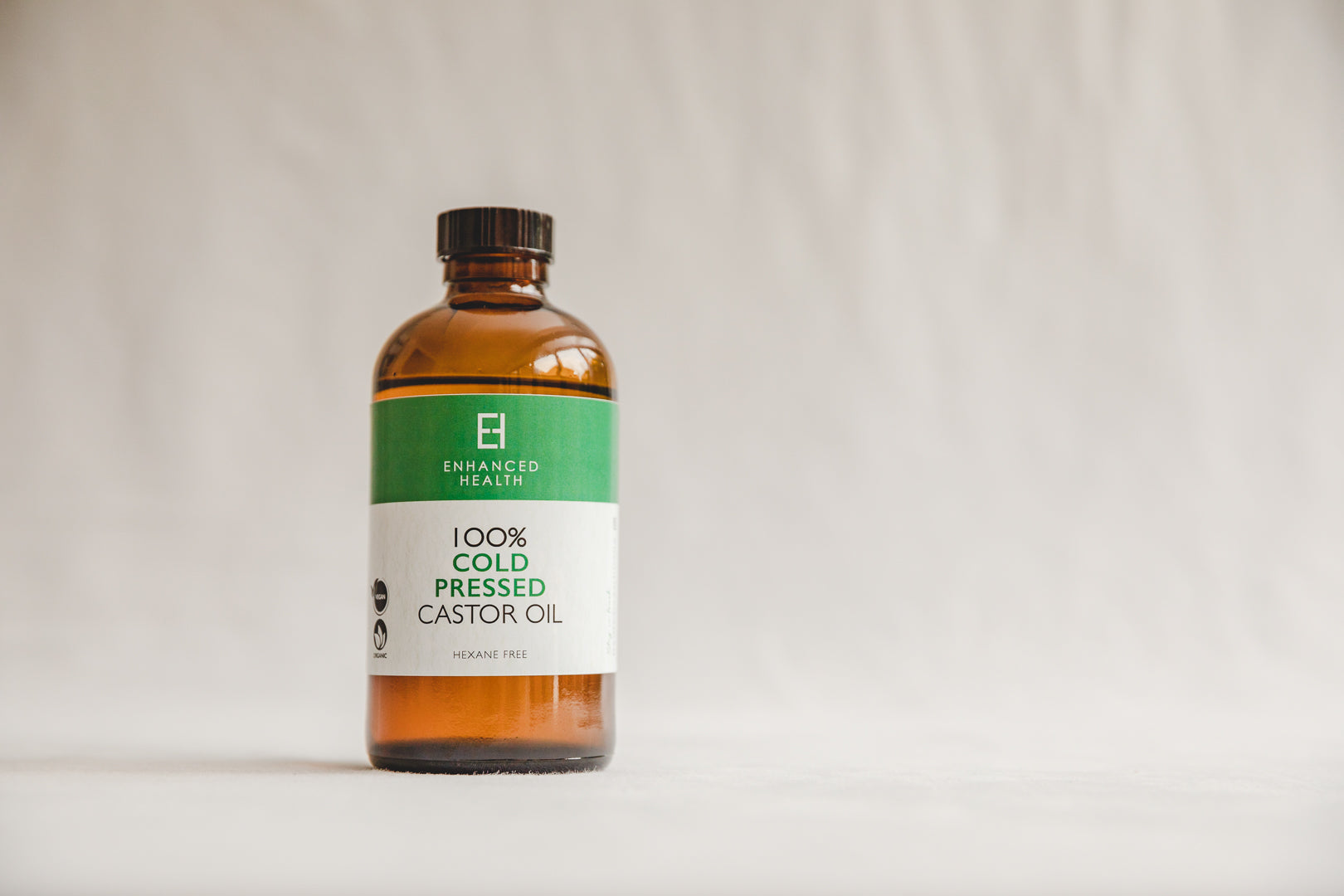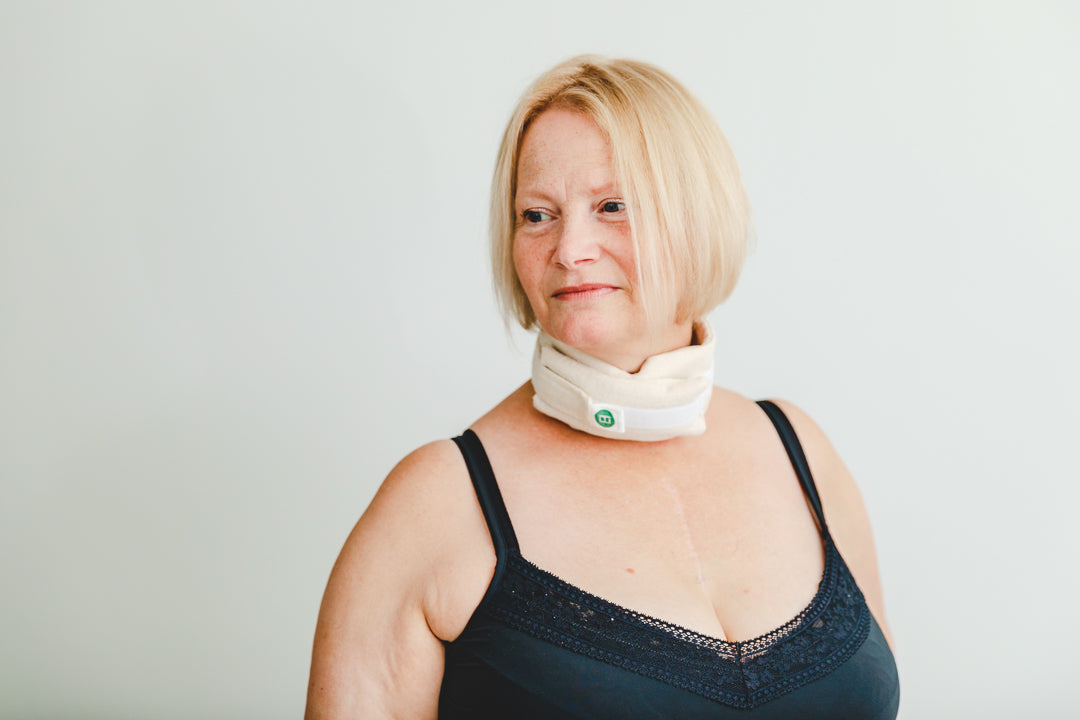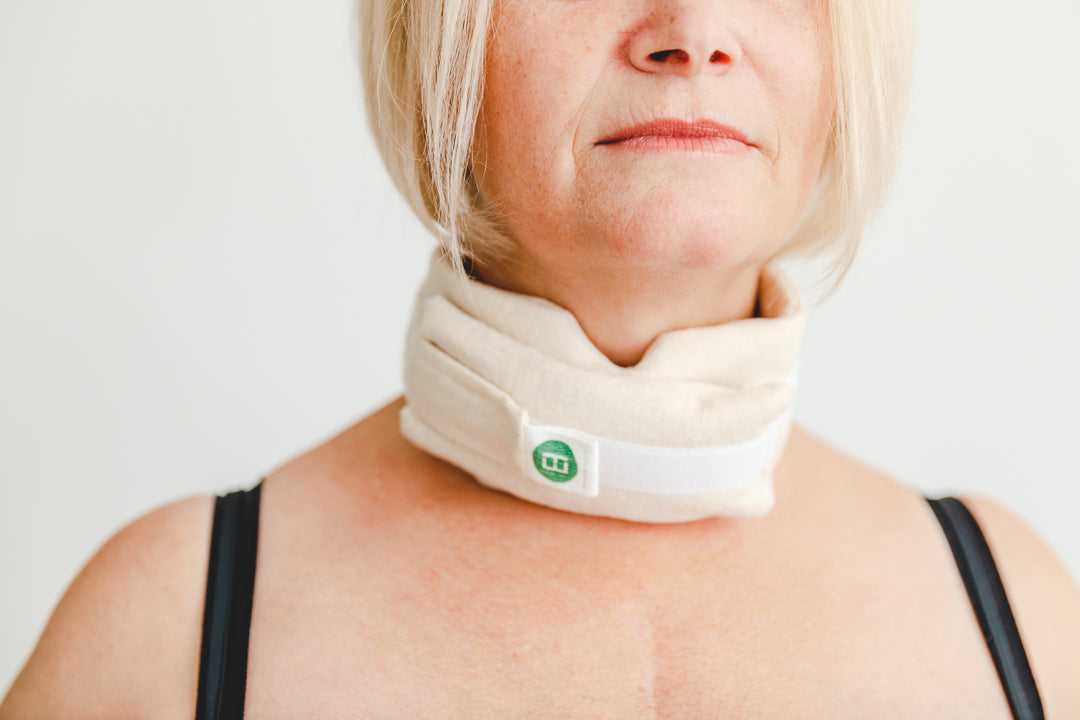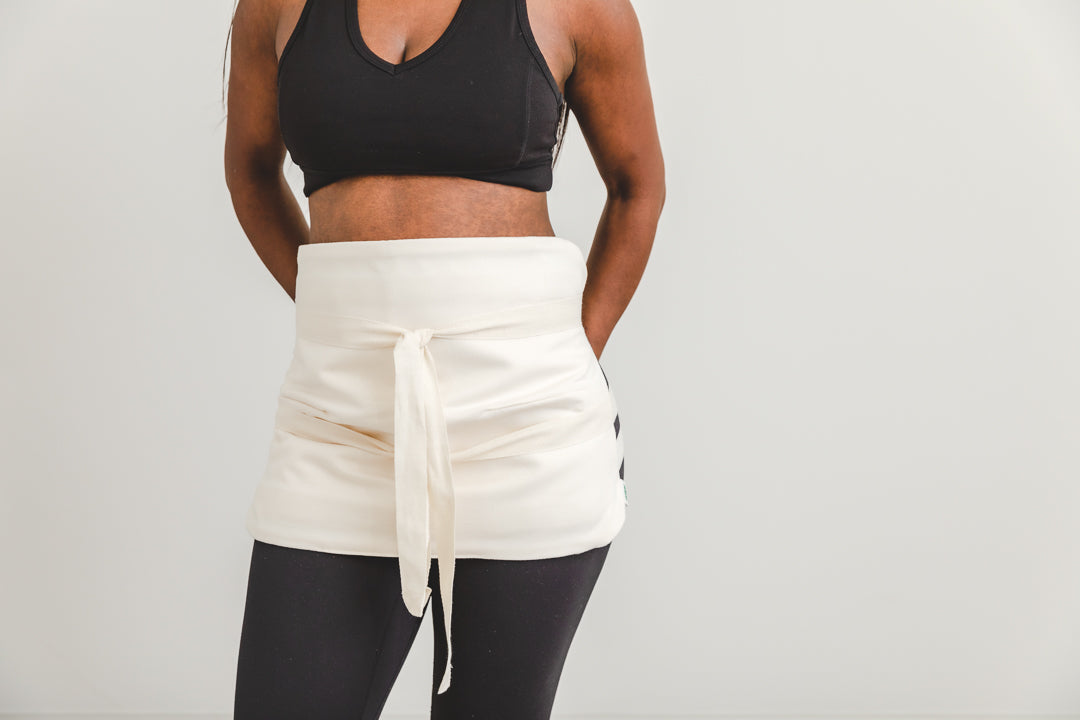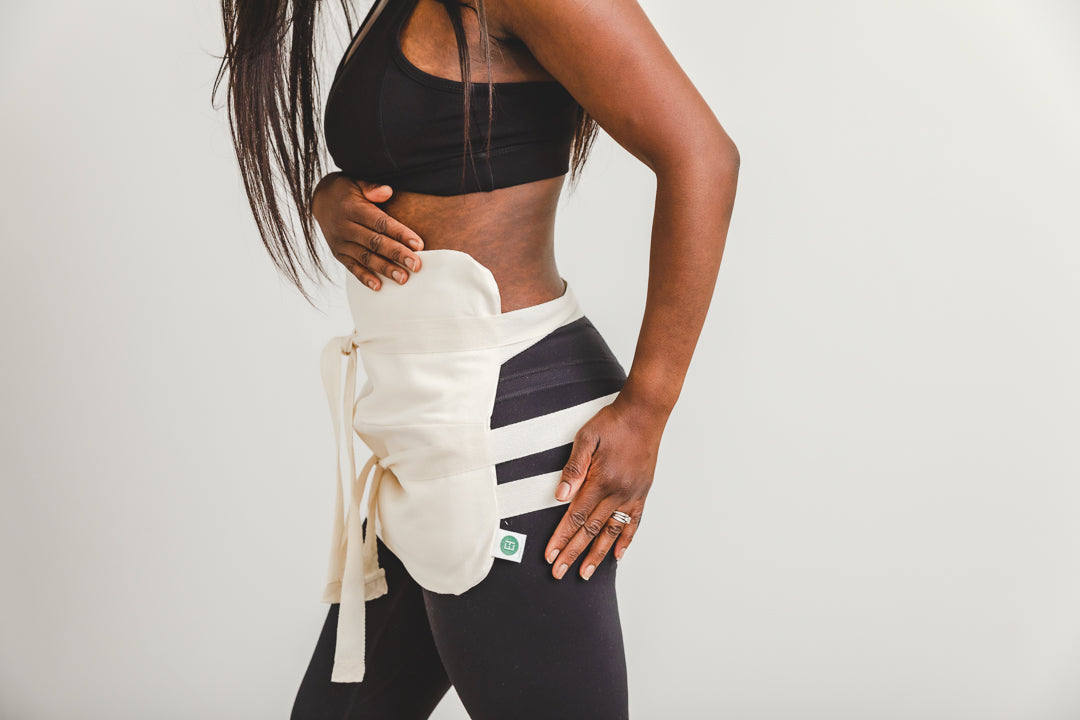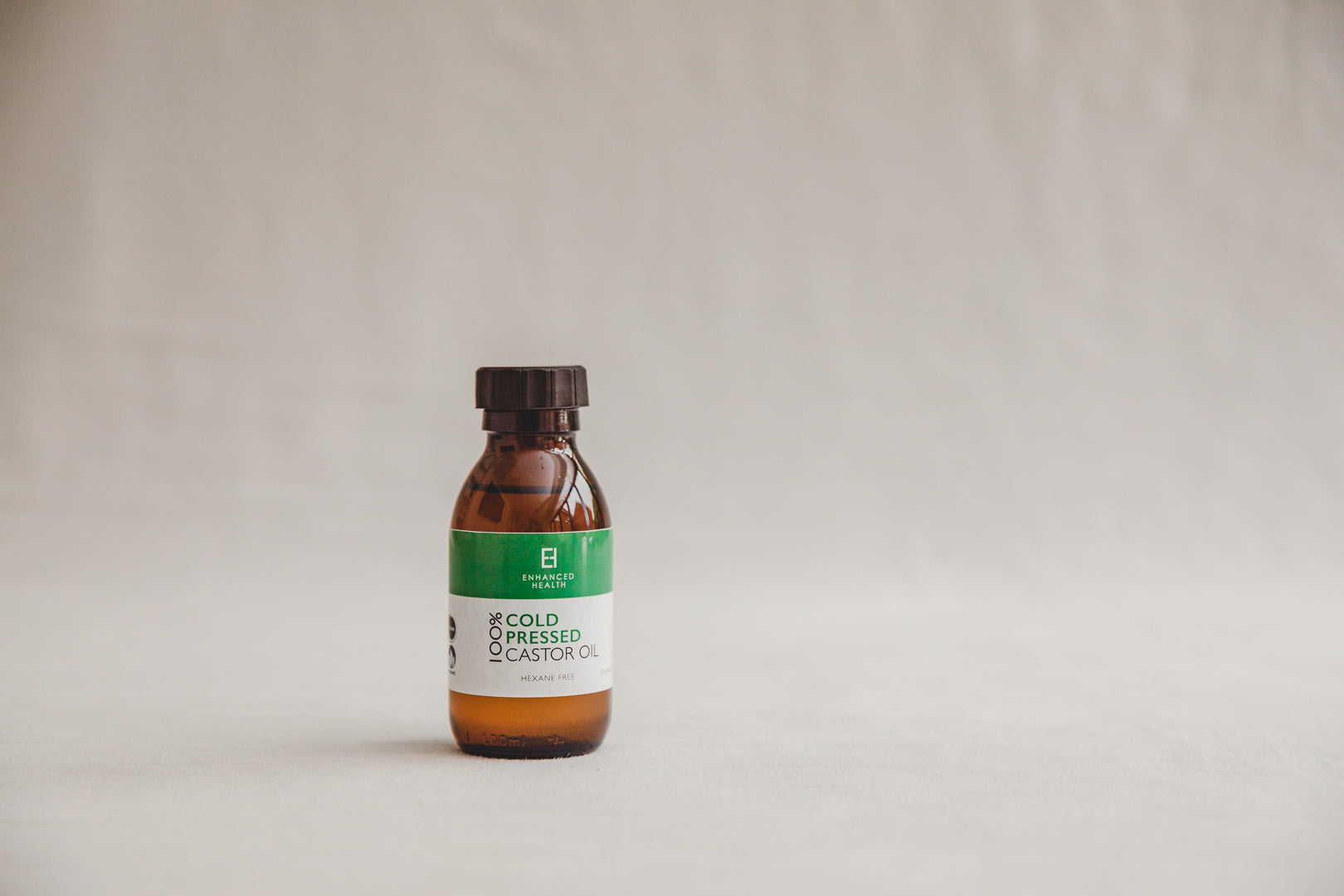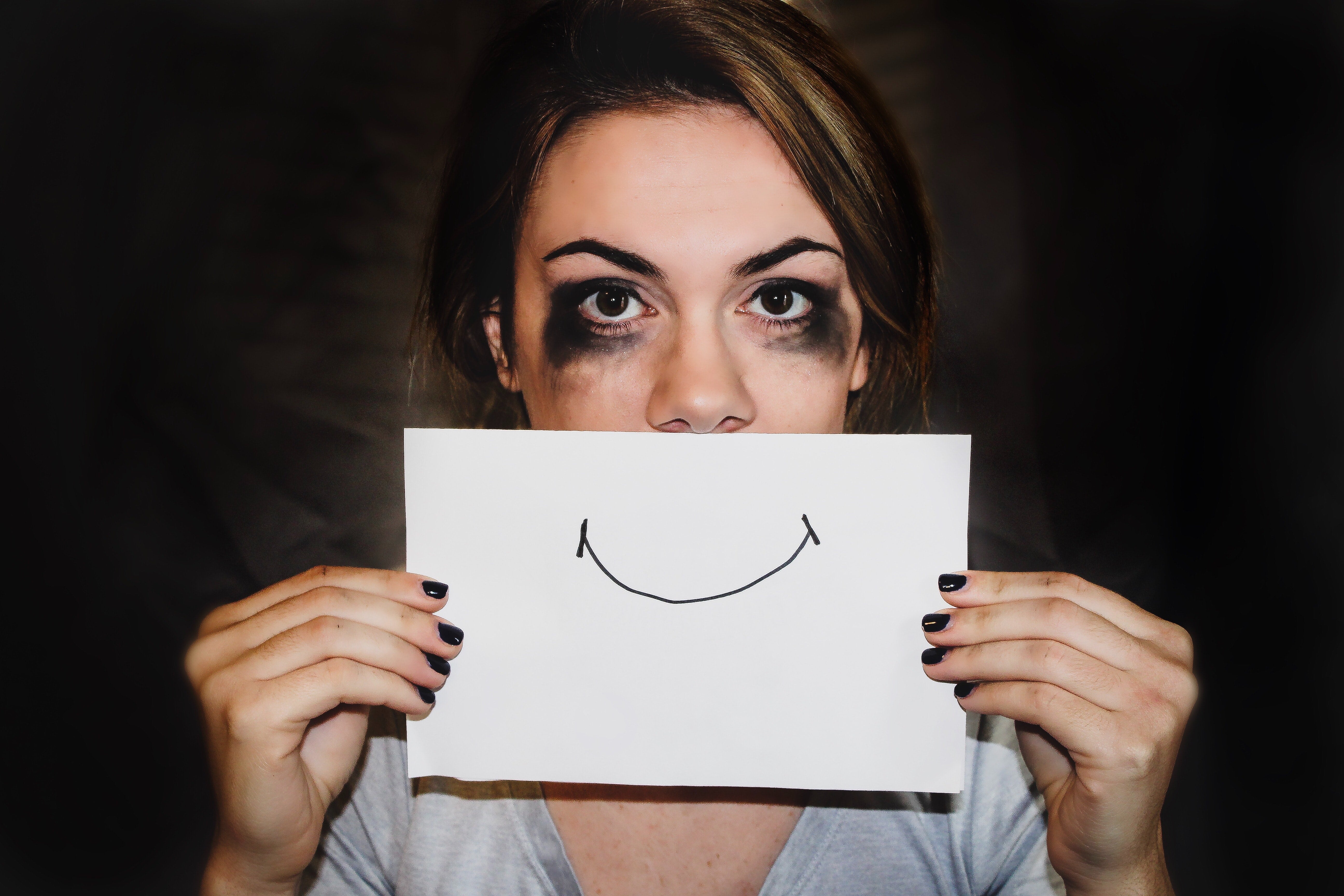
Toxic Beauty
Unravelling the beauty industry’s collateral damage
The beauty industry has a dirty little secret. And no, this isn’t about its ridiculous standards. Although much blame can be put on the shoulders of the cosmetic industry. One could go as far as to attribute modern society’s obsession with appearance, nonsensical preconceived notions of good looks and staunch anti-feminism to this booming business. But upon closer inspection, this industry is even uglier. The global value of this market, in 2018, was around USD 508 bn1…that’s almost double the GDP of Norway2 so we can all agree it’s a significant contributor to the global economy. And we’re not just talking about modelling and makeup. We all rely on this industry - from shaving foam to toothpaste or much needed female sanitary products. On average, UK households spend3 approximately 2% of their budget on hair and beauty products but do we know what we are really buying?
Stepping back in time
The Ancient Egyptians had a real penchant for beauty products and historians can trace their use back to 4,000BC4. The Egyptians relied heavily upon natural ingredients such as charcoal, berries and even bugs to beautify themselves. Women back then tended to scour about their local environs for ingredients to use in body treatments such as scrubs and exfoliates5. Fast- forward somewhat to the prohibition-era, we see Hollywood bringing in “MaxFactor”6 – both literally and figuratively as it was the first on screen foundation for film stars. And although slightly less glamourous, the UK government declared red lipstick a war-time essential during WWII for boosting morale7. Thus no one can deny the power and influence of cosmetics over time. Yet in our thirst to mass produce these products, we have created to a far more synthetic, scarier manufacturing process that is quietly but seriously harming us.
Chemicals of concern
We are inundated with adverts, articles and programmes that bang on about eating well, limiting our meat and dairy consumption and how exercise may just be the antidote to depression8. But we don’t hear a whisper on the pretty poisons that we’ve crammed into our bathroom cupboards. Take a simple body cream. Most of us liberally apply this without thinking of the possible repercussions. Yet some of these creams are laced with heavy metals, such as lead, mercury, cadmium, arsenic and nickel9, which, if absorbed over many years, can have adverse effects on your health causing bad allergies, dermatitis and other ill effects.
If reading thus far makes you uneasy, and you’re a makeup lover or stick to a strict skincare routine, your disquiet will surely start to mount around now. According to EWG, (a non-profit, dedicated to protecting human health and the environment) a woman applies over “168 different chemicals”10 every day. Evidently this exposure accumulates over time and the harmful elements can undergo retention and exert toxic effects in our organs11. It goes on. Some ingredients are known endocrine disruptors and carcinogens and suppliers keep mixing them into products which we often pay through the nose for. Well-known and often beloved brands offer up a cocktail of parabens, oxybenzone and formaldehyde (yes that colourless, strong smelling stuff that is used to preserve corpses, and to incidentally, make nail varnish) in order to quickly make, and then peddle, their wares. And that’s just scratching the surface.
The blame game
The fundamental question is: how can this be legal. The answer? Lackadaisical laws, outdated regulations and a strong case of burying one’s head in the sand. The main issue lies in the fact that the personal cosmetic industry has very little governmental oversight and isn’t well-regulated. So, to pass the buck, companies, by way of government insistence, slap on a complex list of abbreviated chemicals and leave the decision-making up to the consumer despite the fact these firms are acutely aware of the health issues these substances can cause.
And it’s not just about human health. Our planet’s health is under attack as producing, packaging and distributing many of these products is not only extremely labour intensive but highly pollutant and deeply unsustainable. (We all know there’s no Planet B). Petroleum based products such as Vaseline, lipsticks and eyeliner aren’t just contributing to our carbon emissions but are also contaminating our groundwater. To top it off petroleum is also a kidney-, neuro- and respiratory-toxin with a talent for producing estrogen dominance. More of the same can be said about palm oil. This egregious example is in 70% of beauty products12, is linked to heart disease and is more or less responsible for the decimation of rainforests all over the world. Furthermore, the cosmetic field produces reams of plastic – over 120 billion13 units per year and most of this ends up in landfills. Remember that plastic accounts for over 80% of our ocean pollution14 and 90%15 of all the plastic that has been produced has not been recycled.
Forever ugly ducklings?
So is it all doom and gloom? Not at all. Consumers have developed a strong eco-consciousness of late and have the courage of their convictions to make better choices. In short, they are voting with their feet. Many brands are seeing success by promoting their earth-friendly (and human-friendly) products. Honest Beauty, established by former actress Jessica Alba, is well on the way to earning its sustainability stripes alongside smaller firms such as Soap for Goodness Sake. For those of us who enjoy painting our faces, make up companies like Beautycounter and Rejuva minerals are leading the way. Don’t despair if you have never heard of these brands or don’t quite feel you can relinquish your favourite foundation. If in doubt, head to EWG’s Skin Deep site, search for your product and see where it sits on the scale of 1-10. Even if your product is stuck on the naughty shelf, you should be able to search something similar that’s less harmful so it can help inform your buying decisions. If you are frightened of the all the funny chemicals, check out Byrdie’s handy chemical cheat sheet to put your mind to rest.
All things considered, we might just be coming full circle and returning to our Egyptian roots. And it’s about time.
Article Written by Sade Ademakinwa



